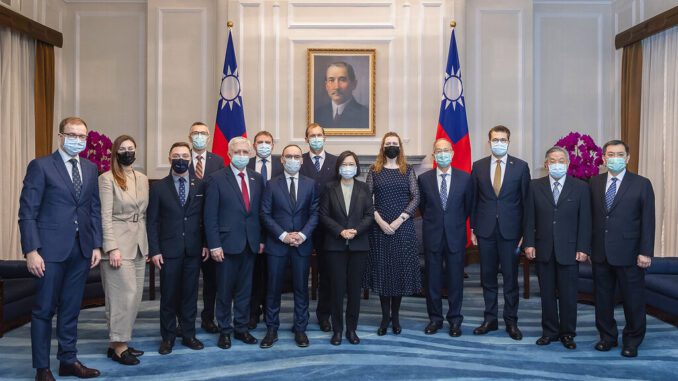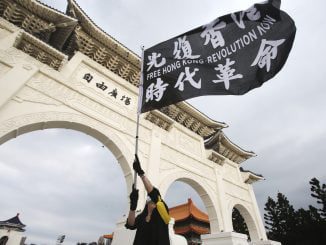
Ransomware and phishing scams have become bolder in the past few years and have created crises that have financially impacted corporations and undermined national security. The most prominent of these attacks was on the Colonial Pipeline, where hackers paralyzed the computer software that supplies gasoline and jet fuel to the southeastern United States. Only after a multi-million dollar payment was the pipeline allowed to continue its functions.
As the world digitizes at an increasing rate, cybersecurity is becoming a globe-spanning issue that affects every modern society on Earth. Cybercrime is expected to cause nearly $6 trillion in damages in 2021 alone. The difficulty in enacting punitive measures against cybercriminals lies in the fact that many are committing these crimes from outside the country. It is imperative that nations worldwide can enact fair cooperative partnerships to help combat this modern dilemma.
The International Criminal Police Organization (INTERPOL) supports national efforts to combat cybercrime and considers it a global focus area alongside terrorism and organized crime. INTERPOL has done fantastic work in stopping criminal activities, like cybercrime, that could have created much bigger issues if left unchecked. However, until every country is included in this organization, there will always be potential blind spots that INTERPOL cannot account for.
Taiwan can help ensure a safer world for the countries it partners with. Taiwan has a willing and earnest desire to be able to offer its contributions to ensure that innocent people are not hurt by those who would cause harm. Taiwan’s police force is one of the best in the world, and outside collaboration would only serve to improve their quality. In 2016, Taiwan’s police busted hackers who had committed fraud in excess of $80 million, with many other such cases being typical of the police department’s prowess.
Taiwan has been excluded from international organizations due to outside political interference by China for decades. As global cyberterrorism expands, Taiwan will surely be needed in future partnerships. The island nation plays a key role in international manufacturing and produces the computer chips used in daily life, such as in your cars, appliances, and phones. A cyberterrorist attack on Taiwan’s supply chain would have global impacts and could cripple international trade.
If anyone thought the chip shortage caused by the global pandemic was damaging, a targeted attack by a non-state actor would be ruinous.
Ultimately, it is up to the international community to enact concrete proposals for Taiwan’s participation in INTERPOL. The organization is supposed to serve as a means to keep the innocent people of the world protected, but the political co-option of INTERPOL can leave gaps that can be exploited. With Taiwan, the world can plug these holes and create a seamless international security network that will work for good.
Spread the word to your lawmakers to support Taiwan’s inclusion in INTERPOL and push for a safer future with us.
Elliot Wang is director general of the Taipei Economic and Cultural Office in Atlanta.


